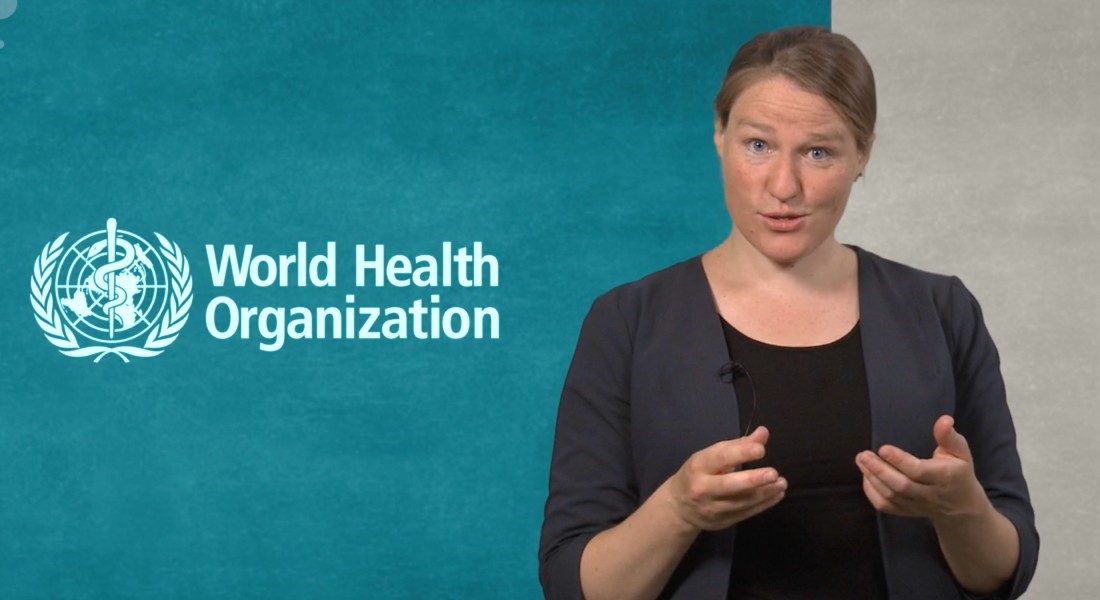New educational resources about innovation in global health
With its new summer course in Global Health Case Challenge, University of Copenhagen has produced a series of modules and online lectures about innovation in global health. The resources are freely available to anyone interested and the modules cover much of what you need to know when venturing into the world of global health innovation.

University of Copenhagen has hosted the Global Health Case Challenge six times before but from 2021 it is offered as summer course, giving the enrolled international students 2,5 ECTS upon completion of the course. In 2021 the case provider is Laerdal Global Health and the case topis is urban maternity care in low and middle income countries in the wake of COVID-19.
The educational format of a case challenge require that you obtain knowledge about innovation methods and processes, pitching techniques, stakeholder and context analysis as well as in-dept knowledge about the case itself. To teach the students about these topics, University of Copenhagen has invited a range of experts and resources persons to give video lectures about the topics.
Check out the video lectures below and feel free to get in contact with us on sgh@sund.ku.dk if you want to hear more about the additional educational resources following each lecture.
Health innovation in low and middle income countries
Lecturer: Muhammad Hamid Zaman, Professor, Department of Biomedical Engineering and International Health, Boston University
About the lecture: Technology and innovation is an integral part of healthcare, in both high income and low and middle income countries – yet low and middle income countries continue to fall behind in developing, implementing and scaling technologies. COVID-19 testing and vaccination is the latest case in point. This lecture is about the bottlenecks to technology development in low and middle income countries from the lens of technology innovation, innovation ecosystems and policies and institutional structures. It will introduce these key topics using examples and case studies that have either been successful or have failed. The lecture will analyse the key attributes of success and failures of technology. Furthermore, it will also focus on when, why and what kind of technology is needed, when is it necessary and what information it can and cannot provide. Failures either due to limitation of technology or due to poor implementation will also be discussed.
Understanding the foundation of innovation
Lecturer: Renzo R. Guinto, Medical Doctor, DrPH, Associate Professor, St. Luke’s Medical Center and Associate Researcher, University of Copenhagen
About the lectures: Before you start to think about solutions to a problem, you must first understand the problem at hand – and that means also knowing your environment, the people, and organisations that you will be working with, and most importantly, yourself. You must take a step back and reflect about several things before you start your ideation process. In these lectures, you will learn about yourself as a health innovator and ask yourself, “Why am I doing this in the first place?” You will also learn about your stakeholders – collaborators, potential challengers, and most importantly, end-users – so you can meet their needs, address their concerns, and harness their contributions. Finally, you will also learn about the environment in which your solution will operate – to ensure that pressing needs are truly addressed and contextual factors are considered in solution design.
Innovation in health
Lecturers: Anna Vestergaard Jacobsen and Peter Løvschall, Innovation Consultants, Faculty of Health and Medical Science, University of Copenhagen
About the lectures: In the first lecture, you will be introduced to health innovation and important principles for innovating in healthcare. There are many tools and methods to foster a good innovative process. You will get an overview of three different approaches with specific suggestions for tools you can apply to you own projects. After the lecture you should be able to select a structured approach to you own projects. The second lecture will introduce you to key concepts in a feasibility study, which – in short – is a study of the practicality of a proposed project, system or new innovation. The eleven steps described in this video lecture can be used as a foundation for your work process for a project or as key elements of your oral presentation of your project. You may also consider it as a checklist for assessing the feasibility of your project.
From storytelling to presentations and pitch
Lectures: Jonas Søgaard Grøn, Senior Advisor, and Marie Vinther Clausen, Communication Manager, Human and Legal Innovation Hub, University of Copenhagen
About the lectures: If you want to invite someone to buy into your idea or solution, you need to be able to share it in a convincing way. In these lectures, you will learn how to create a story around your solution and tell that story both on a stage as a presentation or in personal meetings. You will learn two different methods of storytelling, techniques for presentations and the principles of an effective pitch.
Team work
Lecturer: Peter Løvschall, Innovation Consultant, Faculty of Health and Medical Science, University of Copenhagen
About the lecture: The foundation of a good innovation process is a well-functioning team. In this mini lecture you will find a few tips and tricks about good team work.
